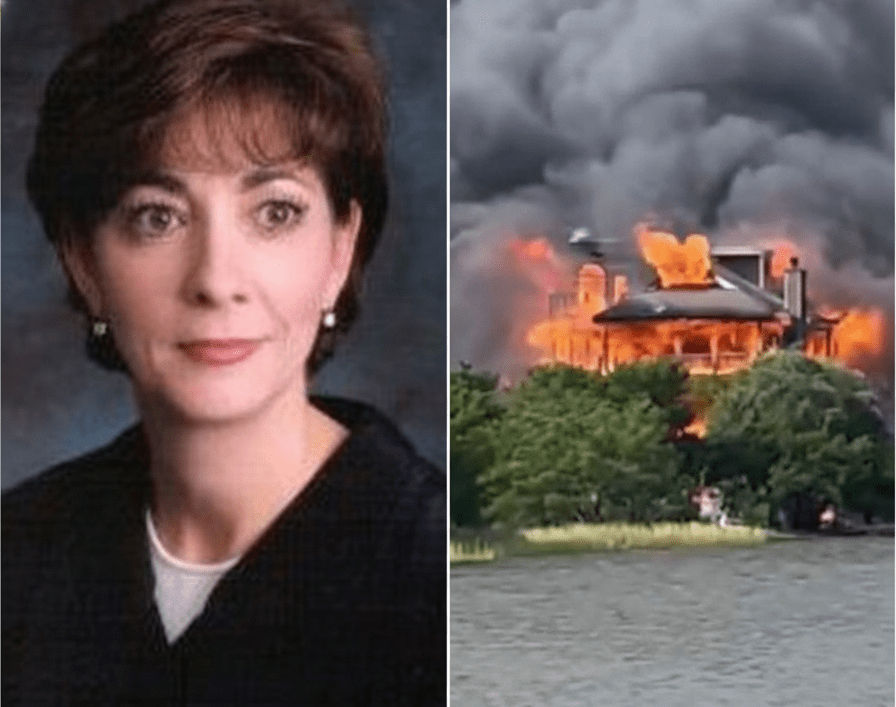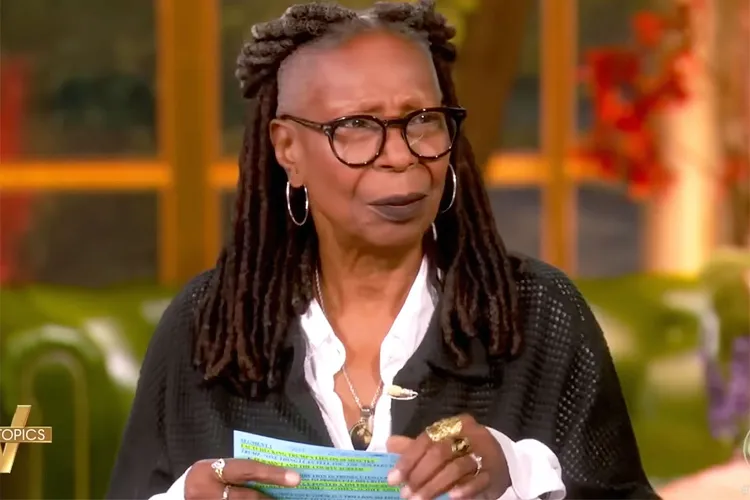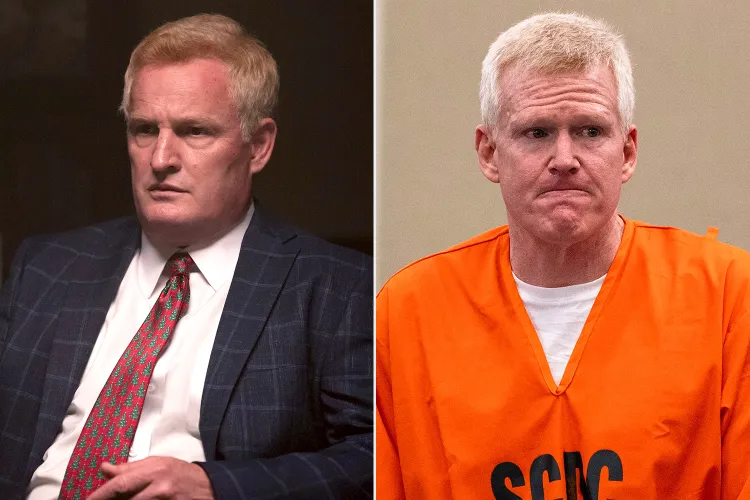South Carolina Judge’s Home Engulfed in Flames Weeks After Ruling Against Trump — Family Escapes as Investigators Probe Cause
A devastating fire destroyed the South Carolina home of Circuit Court Judge Diane Goodstein over the weekend, just weeks after she issued a ruling connected to a case involving former President Donald Trump’s campaign and state election officials. Authorities are now working to determine whether the massive blaze was accidental or intentional as questions about judicial safety and political tensions grow.
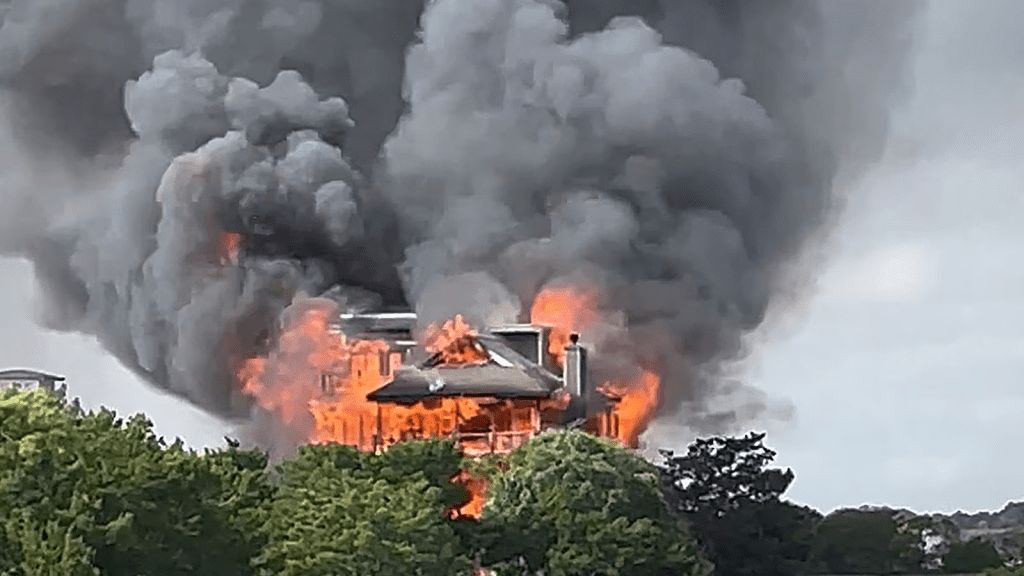
The fire erupted at the Goodstein family’s Edisto Beach residence late Saturday, October 4, according to the St. Paul’s Fire District. Judge Goodstein’s husband, former state senator Arnold Goodstein, and other family members were inside the home at the time. Officials said three people managed to escape, two of whom were hospitalized for injuries sustained while jumping from the second floor. The judge herself was not inside when the fire began; she was reportedly out walking her dogs nearby when she saw smoke rising over the house.
Witnesses described a harrowing scene. Flames spread quickly through the coastal property, sending thick black smoke into the air as firefighters rushed to contain it. Because of Edisto Beach’s remote location and limited water access, crews battled the fire for several hours before bringing it under control. The home was completely destroyed.
Judge Goodstein, 63, has served on South Carolina’s First Judicial Circuit since 1998 and recently found herself at the center of a politically sensitive case. In late September, she issued a temporary order blocking the release of state voter data to federal investigators. The data request came as part of a broader Trump-aligned initiative to audit voter rolls across multiple states. Goodstein ruled that the request risked exposing personal information, including Social Security numbers and driver’s license details, and said that releasing the data could cause “irreparable harm.” The decision drew both support and criticism, depending on political perspective. Some praised her for protecting voter privacy, while others argued the order hindered election transparency efforts.
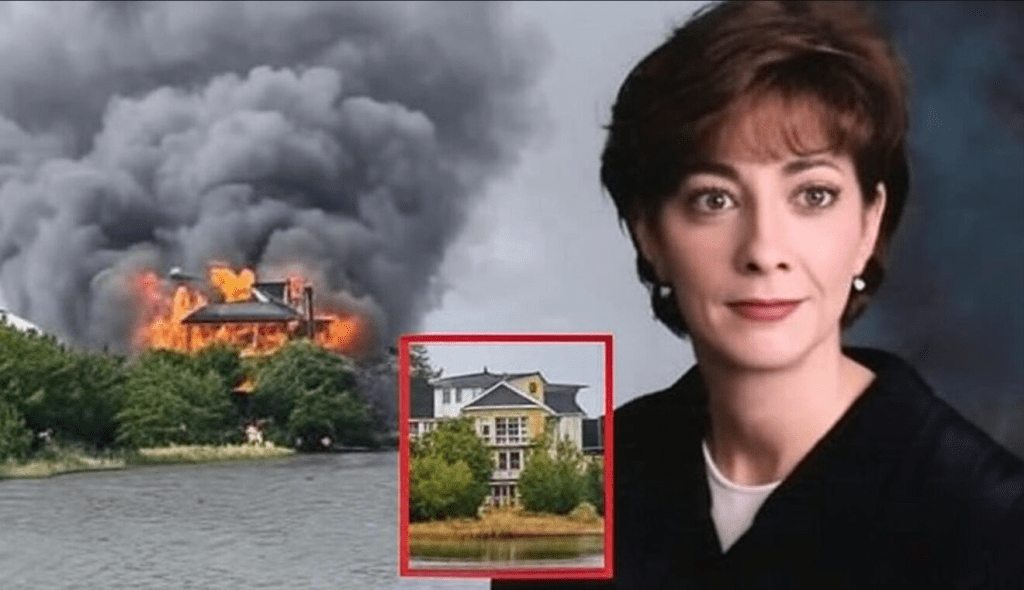
After her ruling, local law enforcement confirmed that Goodstein had received several threatening messages online. Court officials did not disclose their nature or origin but said they were being taken seriously. Following the fire, the South Carolina Law Enforcement Division (SLED) announced a full investigation, stating that no conclusions could be made until forensic evidence was reviewed.
In a brief statement on Sunday, Chief Justice John Kittredge said that the state judiciary was “deeply concerned for Judge Goodstein and her family” and that additional security measures were being implemented for court personnel. “Threats or acts of violence against any member of the judiciary are threats against the rule of law itself,” his statement read.
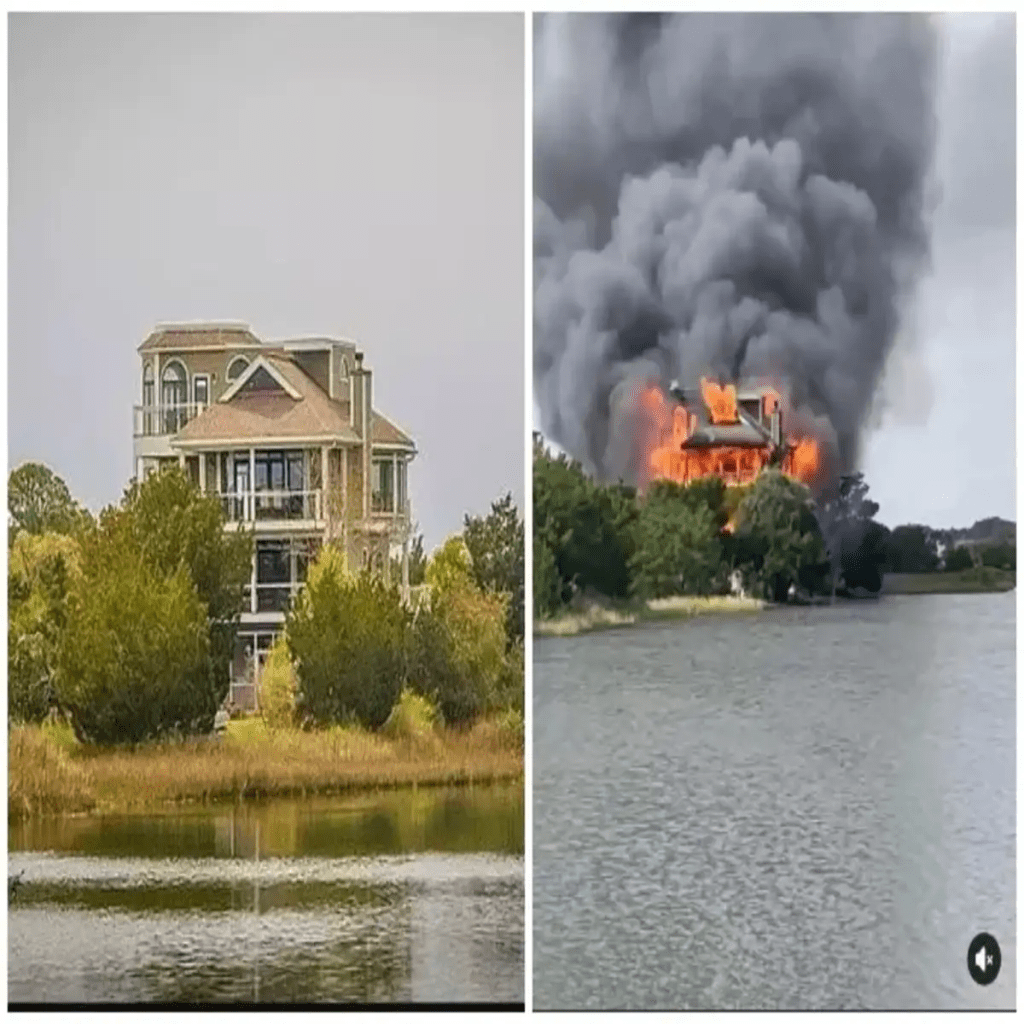
The fire has reignited public discussion about the growing hostility surrounding politically charged cases. Supporters of both Trump and Goodstein have urged caution, asking that the investigation proceed without speculation or blame. Legal experts agree that while the timing of the incident is concerning, no official evidence currently links the fire to the judge’s courtroom decision.
For now, investigators are focusing on physical clues at the scene. Early reports suggest an explosion may have preceded the blaze, but officials have not determined whether it was mechanical, electrical, or deliberate. Federal agencies, including the Bureau of Alcohol, Tobacco, Firearms and Explosives, have joined the state inquiry due to the potential federal implications of the case.
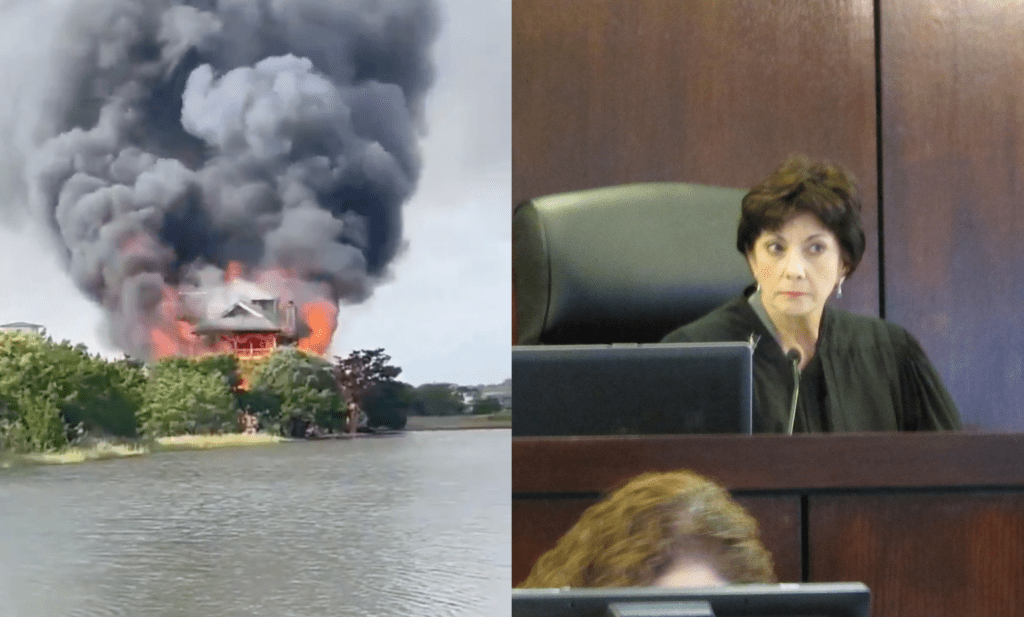
Despite the destruction of their home, the Goodstein family is said to be safe and recovering. Friends and colleagues have rallied around them with donations and housing assistance. In a short message through the South Carolina Judicial Branch, Judge Goodstein expressed gratitude for the community’s support and requested privacy for her family while the investigation continues.
As authorities search for answers, the case underscores the intense scrutiny faced by public officials handling politically charged issues. For now, one thing is clear — amid a time of heightened division, the need for calm, accountability, and respect for due process has never been more important.
